Students look back on their ASSIP Experience
August 26, 2016
Over the summer, students spend their time doing a variety of activities, and internships are no exception. Typically in the summer before their junior or senior year, students spend their time working in companies, firms, and other locations to gain the experience they need and have fun doing it. One such internship includes the Aspiring Scientists Summer Internship Program (ASSIP).
“Being at TJ made me love science and research, especially from IBET, and I saw my brother do research when he was in high school, so I really wanted to do the same,” rising junior and participant in ASSIP Varun Saraswathula, said. “ASSIP was one of the internship programs that I found, so I applied, and I got in.”
According to the ASSIP website, students who participate in the program, starting from June 24, “work one-on-one with faculty researchers at George Mason University and collaborating institutions using state-of-the-art technology to solve hypothesis driven questions.” These questions can be in a variety of areas, including physics, biology, mathematical modeling, cybersecurity, neuroscience, and proteomics, and allow students the opportunity to delve into new experiences and overcome challenges in their research.
“I was trying to build a brain-computer interface that senses boredom and incorporates it into an online learning system in order to make it more efficient,” rising senior and participant in ASSIP Isha Ghodgaonkar said. “The main problem was my inexperience in the area I was delving into. I had learned about EEG but never used it before, and I also had to learn a new scripting language (MATLAB) as well as server protocols to make it work. My mentor was very supportive and willing to provide me with all the equipment I needed, as well as the members of my lab who had worked with similar technology before and could help me.
At times in the seven-and-a-half week research experience, students did come across a few major difficulties. Whether it be a malfunction in a certain part of the project, or just certain inexperience in an area of study, these challenges made the research harder to complete. However, these students were able to use ASSIP to learn how to deal with such issues and, in the end, develop a practical solution, even if they faced failure along the way.
“Failure is okay because it only leads you closer to the solution,” Ghodgaonkar said. “I had to try about 10 different softwares before I could even connect my EEG to a program, but I finally got there because I didn’t give up.”
To conclude their research, the students were able to publish their work in scientific journals, and then presented their work on Aug. 12. The overall experience was one truly like no other, with them having the opportunity to meet new people and work in a real lab setting. In the end, the work these students conducted is something they will never forget.
“ASSIP was an invaluable experience,” rising senior and participant of ASSIP Elizabeth Hu said. “I learned so much and enjoyed working in a lab environment with wonderful mentors and lab mates. I was glad to have completed the research process, from beginning to having a working model. The best thing is it’s never completely done. I can still develop it in the future.”

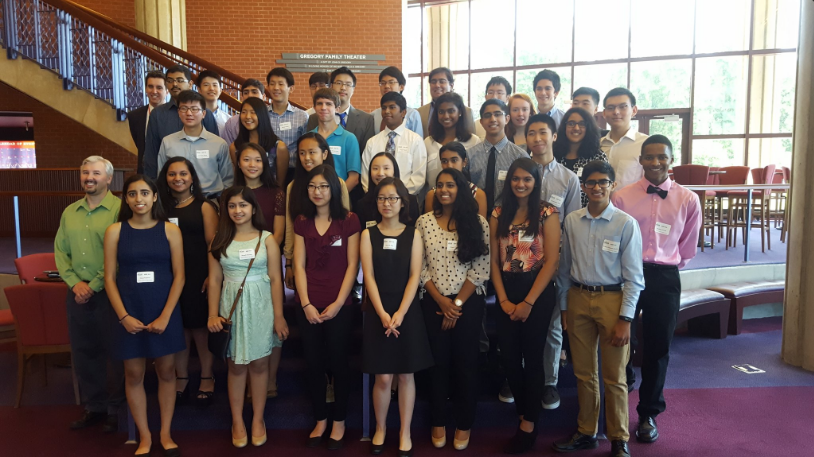




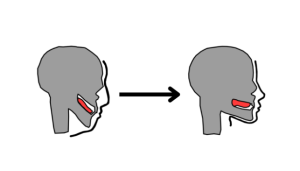
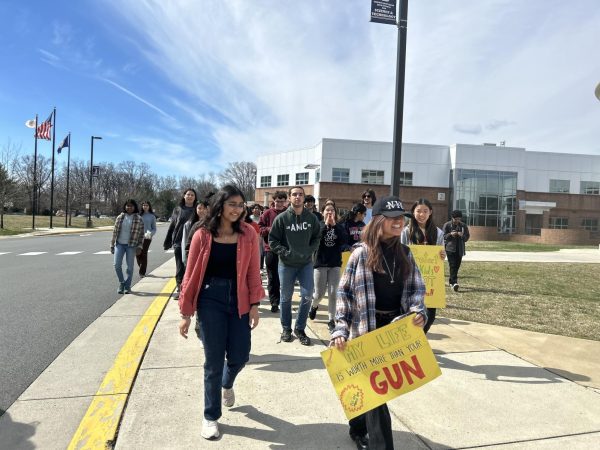
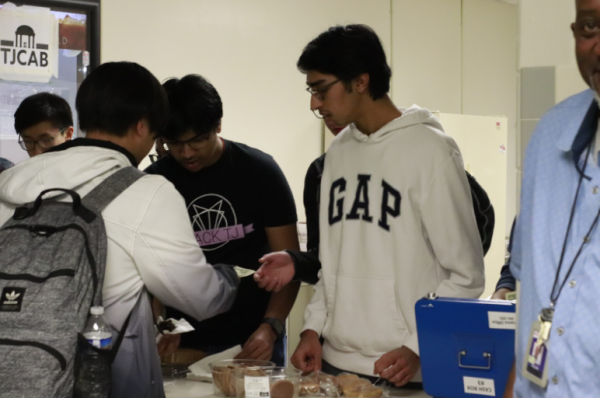
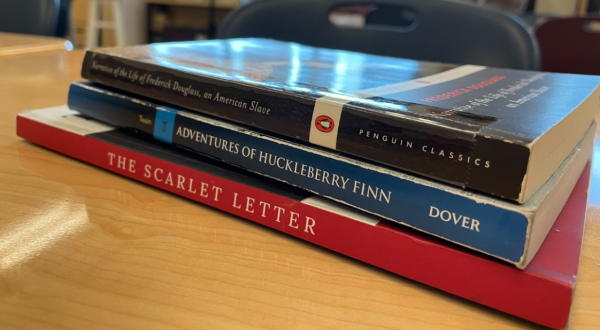
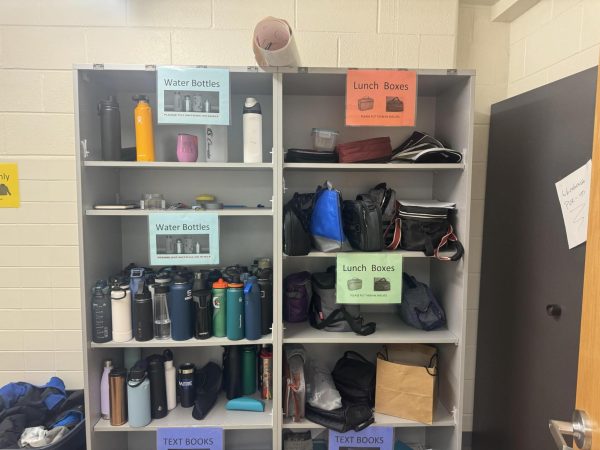
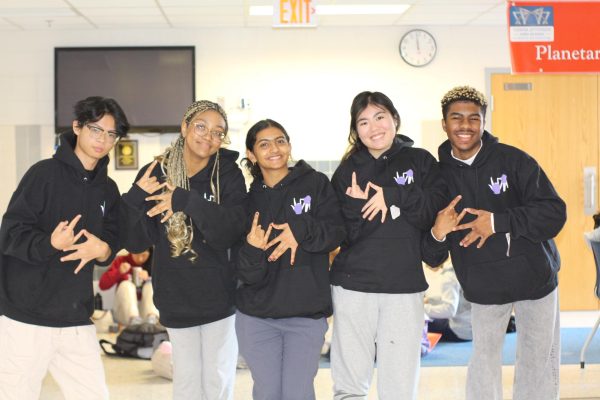

![Kai Wang conducts Symphonic Orchestra as the first Jefferson orchestra performance composed and conducted by a student. Everyone in the ensemble dressed in red to symbolize good fortune and joy for the Lunar New Year. “I was just proud of him, because [the piece] was such quality,” orchestra director Allison Bailey said.](https://www.tjtoday.org/wp-content/uploads/2024/02/IMG_0893.jpeg)
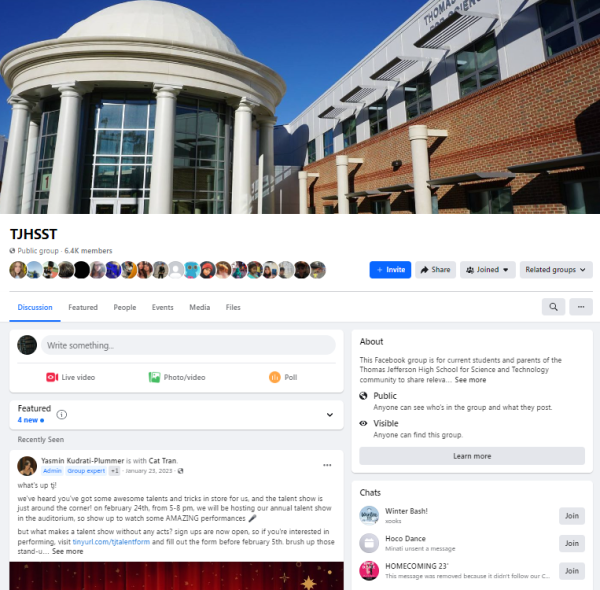
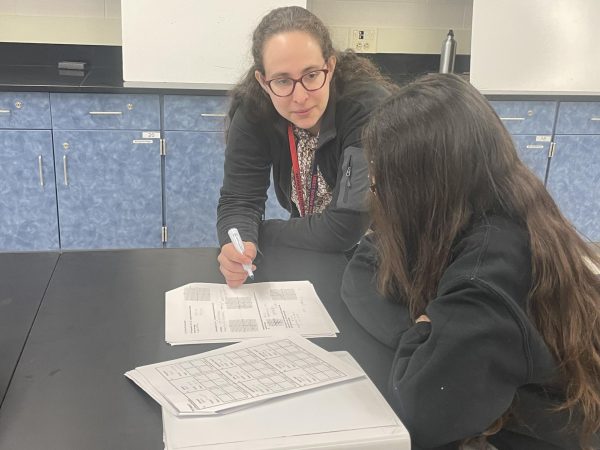
![Sophomore Holly Huang twirls a ribbon as she performs her dance, “Joy of the Dragon.” Chinese ribbon dance is a traditional art form originating in ancient China. Her ribbon dance was inspired by the revered mythical creature and this year’s Chinese zodiac sign, the dragon. “My ribbon symbolized a dragon flying in the air. My outfit was [also] inspired by the dragon, the color was the same color as my ribbon, but on the shoulder there were some details like dragon scales,” Huang said. “I liked how there were a lot of people in the audience and it was just really fun to perform.”](https://www.tjtoday.org/wp-content/uploads/2024/02/IMG_0964-1-600x387.jpg)
mali • Jan 28, 2023 at 12:55 am
how hard is getting into the ASSIP program, for someone who does not have any leadership positions and no awards?